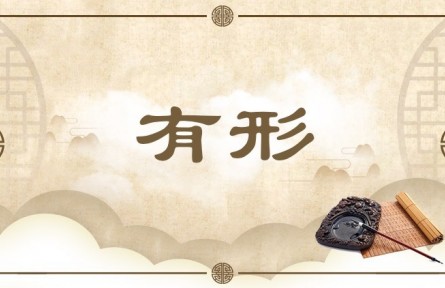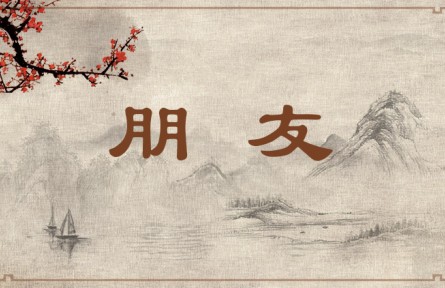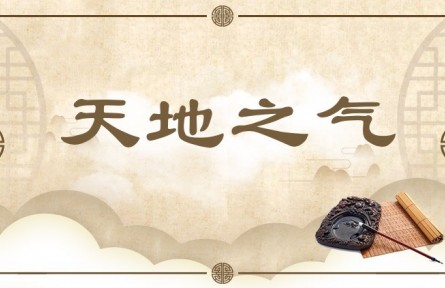时中 Shizhong (Follow the Golden Mean)

随时保持符合中庸之道。“时中”一说出自《礼记·中庸》。儒家以“中庸”作为行事的最高准则,强调为人处世应无过、无不及。但无过、无不及的标准,并不是固定不变的教条,而是随时变化的。人们需要在每一个具体的生活处境中,思考道德、礼法的要求,时时、处处践行“中庸”的准则,即“时中”的要求。
This term, which originated from The Book of Rites, means that one should at all times follow the principle of the "golden mean." Confucian scholars regarded the mean as the supreme principle guiding people's behavior. They stressed that when handling things one should not act excessively or insufficiently. However, the criteria for determining what were appropriate or not did not remain unchanged. When taking a specific action, one should always bear in mind the need to follow ethical standards and rites, namely, the principle of the mean.
引例 Citation:
◎仲尼曰:“君子中庸,小人反中庸。君子之中庸也,君子而时中;小人之中庸也,小人而无忌惮也。”(《礼记·中庸》)
孔子说:“君子遵行中庸,小人违背中庸。君子的言行之所以能符合中庸之道,是因为他们随时保持为人处世适中的态度;小人的言行之所以会违背中庸之道,是因为他们没有顾忌和畏惧。”
Confucius said, "A man of virtue follows the mean and a petty man goes against it. A man of virtue seeks to be in keeping with the mean at all times, whereas a petty man goes against it and acts unscrupulously." (The Book of Rites)
推荐:教育部 国家语委
供稿:北京外国语大学 外语教学与研究出版社
责任编辑:钱耐安





